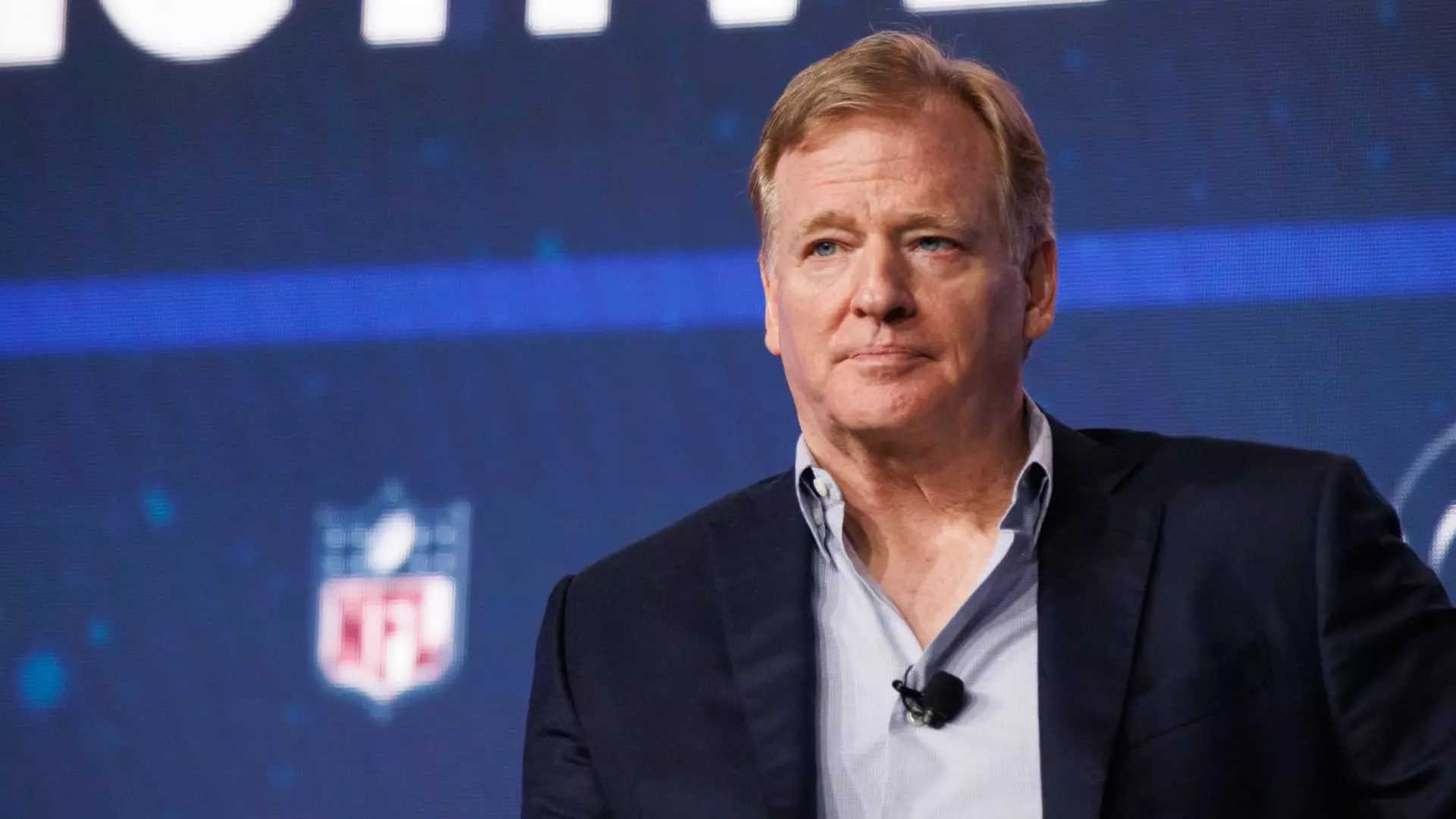The National Football League is contemplating the idea of allowing minority private equity ownership for its 32 teams, with a potential ownership stake of up to 10%. Commissioner Roger Goodell discussed this possibility in an exclusive CNBC interview, emphasizing the need for the league’s policies to align with the evolving sports landscape. Goodell acknowledged the significant interest from private equity firms and suggested that limited ownership by such entities could complement existing ownership structures.
Goodell mentioned that the NFL aims to finalize its new ownership policies by the end of the year, with the initial cap set at 10%. While other prominent U.S. sports leagues permit private equity ownership up to 30%, the NFL has historically preferred individual or family ownership over institutional funds. However, the rising valuations of franchises, fueled by lucrative media deals, have made team ownership increasingly exclusive. Notably, in 2023, a private equity group led by Josh Harris purchased the Washington Commanders for a record $6.05 billion, highlighting the financial challenges of owning an NFL team.
Challenges and Opportunities
Private equity ownership presents unique challenges and opportunities for the NFL and its teams. While the league may benefit from the financial influx and expertise of private equity firms, concerns about decision-making power and control arise. Unlike some other professional sports leagues, the NFL values individual ownership and involvement in team operations, which could be compromised by passive private equity investors seeking primarily financial returns.
Unlike major U.S. sports leagues like the NBA, MLB, NHL, and MLS, where private equity ownership is more prevalent and extensive, the NFL’s cautious approach reflects its commitment to traditional ownership models. The National Women’s Soccer League stands out as an exception, allowing private equity firms to control majority stakes in franchise teams, a departure from the NFL’s current stance.
Implications for Minority Stakeholders
For potential minority stakeholders, such as private equity firms, the allure of owning a portion of an NFL team comes with limited decision-making authority. While financial incentives and investment goals may align with private equity strategies, the lack of operational control might deter some high-net-worth individuals from pursuing ownership opportunities in the league. The dynamic between passive investment and active involvement presents a unique challenge for private equity investors in the sports industry.
The NFL’s exploration of minority private equity ownership underscores the evolving nature of sports business and ownership structures. As the league navigates the complexities of financial partnerships and ownership diversity, finding a balance between traditional ownership values and modern investment opportunities will be crucial. The influence of private equity in shaping the future of NFL ownership highlights the adaptability and innovation required in today’s competitive sports industry.

